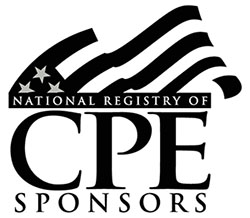
This comprehensive and clearly explained program is for professionals who are seeking an in-depth understanding of how today's North American natural gas industry does business. This course is designed for those who want to get a better understanding of terminologies used within the natural gas industry; trading shop setup, popular IT system platforms and information flow; and real life examples of counterparties transaction mechanics from origination through deal capture, scheduling and settlements.
You will also gain knowledge on transportation/delivery infrastructure and how deals are done. Get to know who the natural gas market participants are and how commercial transactions occur along each segment of the value chain. In addition, you will understand how regulations have impacted the industry and how players are navigating these regulatory waters.
You will be more confident and benefit from knowing comprehensive nuts-and-bolts fundamentals through to understanding physical transactions and strategies.
This live group seminar is eligible for 12.0 CPE credits. Be aware that state boards of accountancy have final authority on the acceptance of individual courses for CPE credit. As of January 1, 2002, sponsored learning activities are measured by program length, with one 50-minute period equal to one CPE credit. One-half CPE credit increments (equal to 25 minutes) are permitted after the first credit has been earned in a given learning activity. You may want to verify that the state board from which your participants will be receiving credit accept one-half credits.


Professionals from natural gas and electric utilities, energy producers, pipelines, municipals, energy marketers, banks, government regulators and industrial companies; energy and electric power executives; new hires; attorneys; government regulators; traders & trading support staff; IT vendors, energy consultants, marketing, sales, purchasing & risk management personnel; accountants & auditors; plant operators, engineers, corporate planners and anyone needing a strong foundation in the U. S. and Canadian natural gas business.
There are no prerequisites for this seminar.
PGS seminars are known for their clear explanations and in-depth content. Register for a PGS class today, and join the over 10,000 energy professionals who have already attended one of PGS's proven programs.